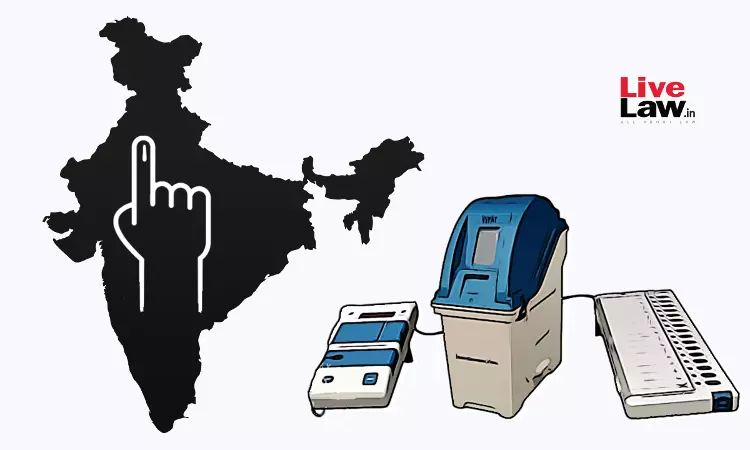In this election season, all voters need to understand how the law prohibits the appeal to votes on the ground of religion and the use of religious symbols in elections.Section 123 of the Representation of the People Act, 1951 specifies the acts which are deemed to be "corrupt practices" in elections. Sub-sections (3) and (3A) are relevant for the purposes of this article.Section 123(3) reads...

